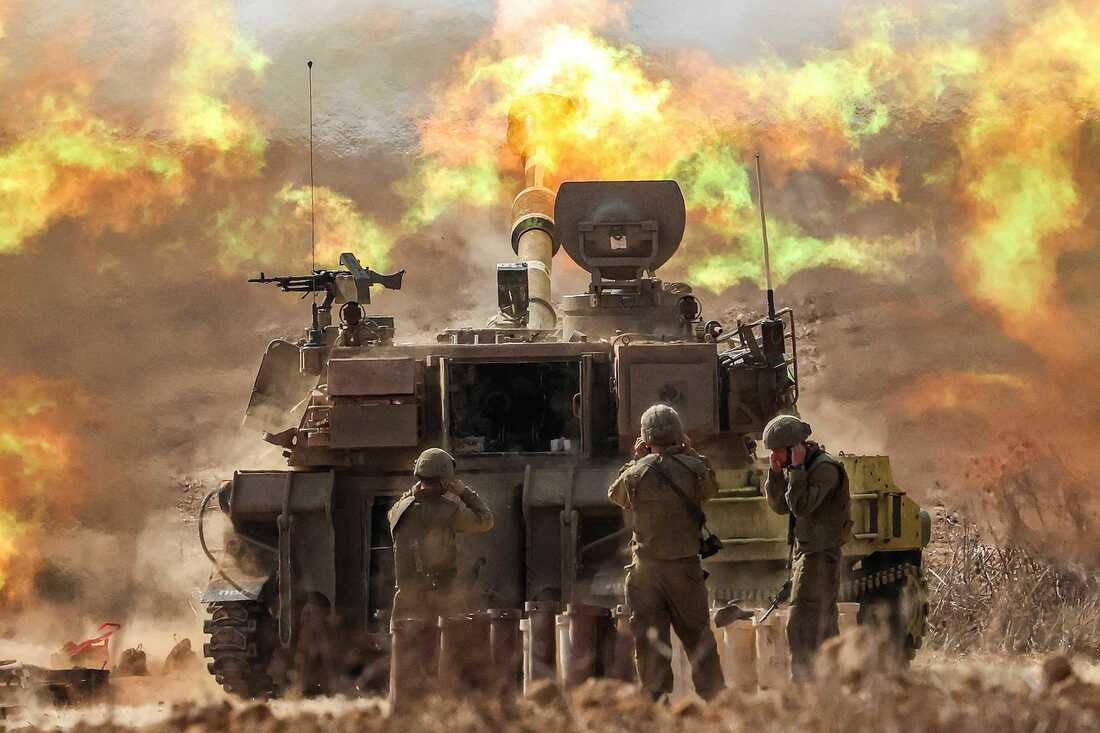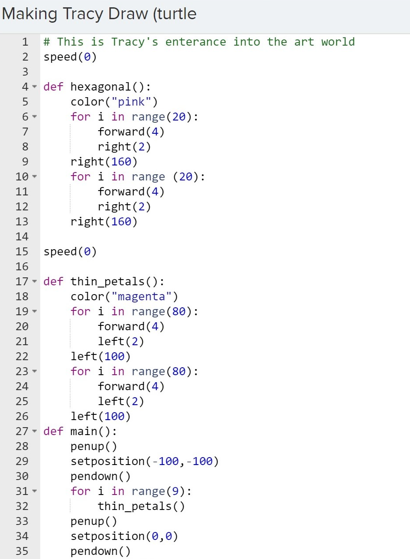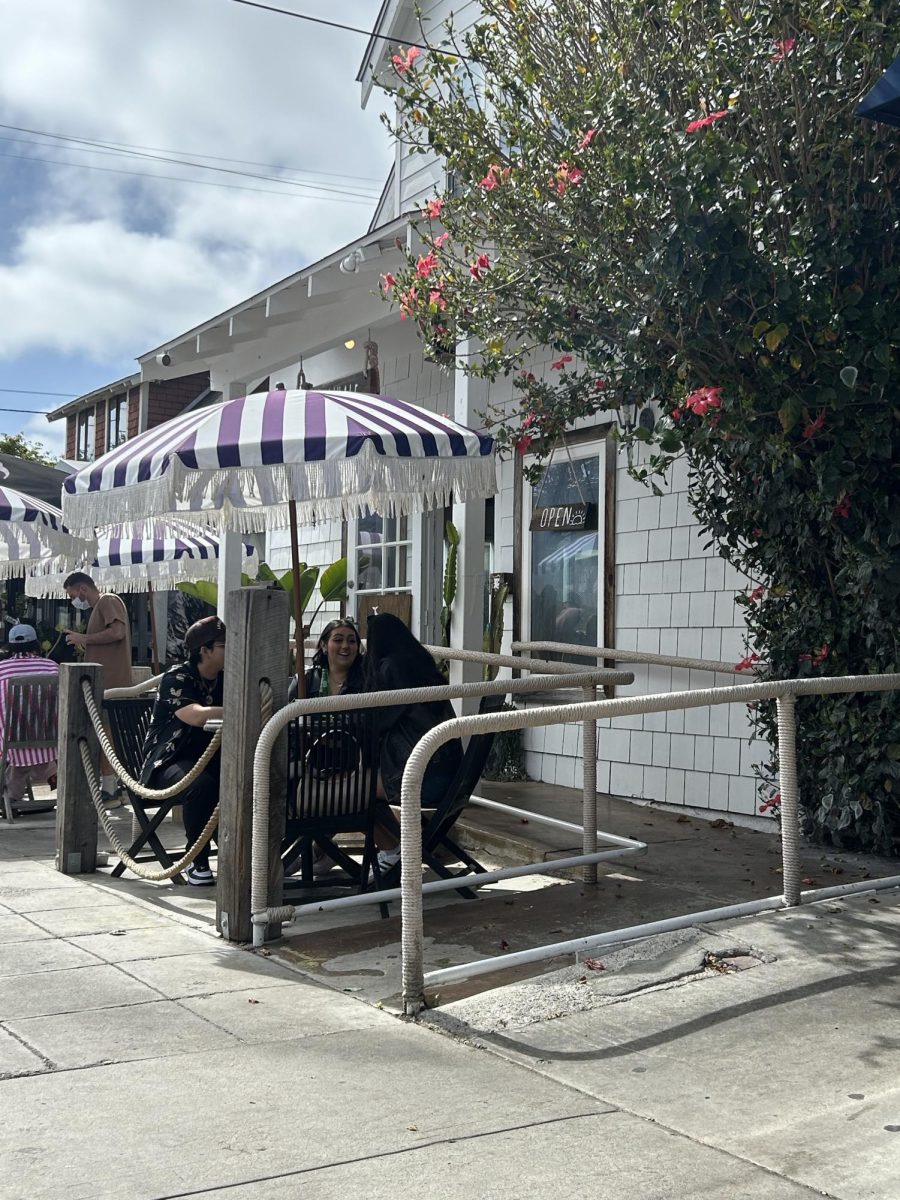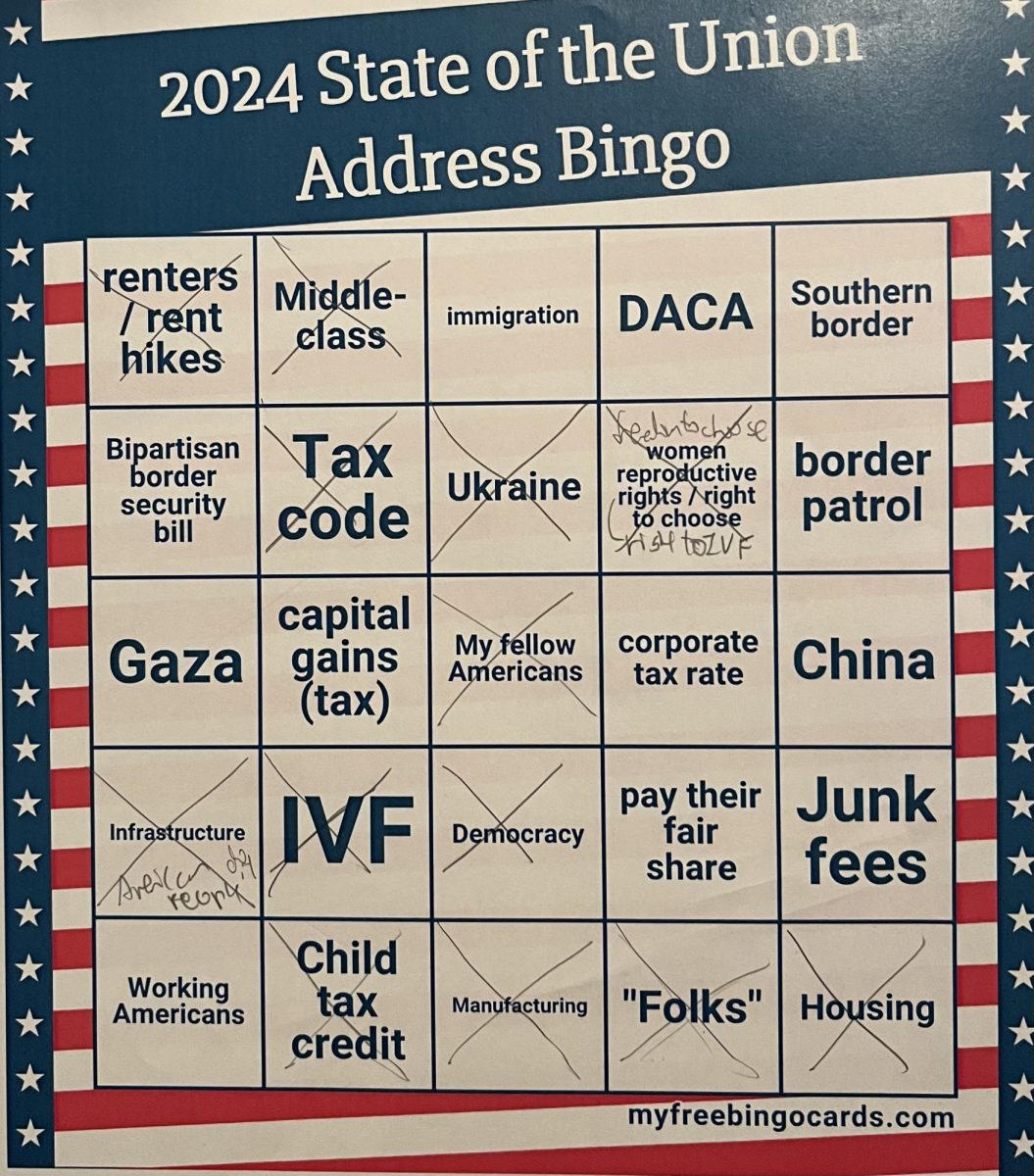Note: This article contains sensitive topics of violence and terrorism. Please consider reading with a trusted adult.
Following the October 7th Hamas terror attacks on Israel, 1,400 Israelis have died, 3,400 people are wounded, and another 200-250 people are being held hostage. Israel’s retaliation on Palestine has left at least 3,000 Palestinians dead, over 10,000 wounded, and half a million displaced. Amid the flurry of opinions and arguments on social media and other news sources, The Tower wants to provide its readers with a concise, factual, and unbiased report on this complex conflict. Reporter Ben Brown sat down with an expert on the Middle East, History and Economics teacher Mr. Damon Halback, who currently teaches Honors America’s War on Terror and who taught a class called Modern International Affairs while a teacher at The Harker School in San Jose, California. The Tower took comprehensive steps to confirm and add onto all facts given by Mr. Halback.
What is currently happening in Israel and Palestine
Hamas, officially the Islamic Resistance Movement, is a Sunni Islamist political and military terrorist organization that governs the Gaza Strip (one of the two Palestinian territories). On October 7, 2023, Hamas suddenly and deliberately fired a barrage of rockets upon the regions of Israel closely surrounding the Gaza Strip. Hamas claims over 5,000 rockets were fired. Along with airstrikes, armed Hamas militants, many on motorcycles or in cars, stormed across blockaded areas along the Gaza Strip and into Israel.
Hamas militants committed violent atrocities against civilians, including appalling abuse of pregnant women and young girls. Video footage showed Hamas militants taking Israeli citizens – including mothers, children and the elderly – hostage and carrying them across the Gaza border.
Following the attacks on Israel, the parliament and Israeli Prime Minister Benjamin Netanyahu declared war on Hamas, stating that “every Hamas member is a dead man” in wake of the attacks on Israel.
The retaliation has led to the death of 3,000 Palestinians, with over 10,000 more wounded, all from airstrikes — no ground troops have been deployed. However, last Friday, October 13, Israel’s military ordered over 1 million Palestinians in northern Gaza to evacuate to the southern part of the territory ahead of an expected ground invasion to eradicate Hamas.
The UN and many voices from numerous countries, including President Biden, have warned Israel that invading Gaza would be a humanitarian disaster. For example, U.N. spokesman Stéphane Dujarric called the order “impossible” without “devastating humanitarian consequences.”
The disaster evolved, when, on last Tuesday, October 17, an airstrike on a Gaza hospital sheltering many evacuating Gazans killed at least 500 civilians. Israel and Palestine initially each blamed each other for the attack, with Gazan health authorities saying the explosion was caused by an Israeli airstrike and the Israel Defense Forces blaming a malfunctioning rocket fired by Hamas.
Regardless, the humanitarian disaster continues to worsen in Gaza and has caused more leaders and experts to urge Israel not to invade Gaza. Escalation has continued when, on Tuesday night, Iran warned Israel that they would “intervene,” while the U.S. sent a second aircraft carrier to the Mediterranean, and prepared 2,000 troops for the possibility of intervening as well.
Finally, this morning, October 18th, President Biden arrived in Israel to meet with Prime Minister Netanyahu. This morning, the US government also stated that Israel “is not responsible” for the blast at a hospital in Gaza on Tuesday, following President Joe Biden’s meeting and succeeding comments that a Palestinian militant group was behind the strike.
The history of Israel’s controversial creation
Mr. Halback explained that in order to understand the current events taking place in Israel and Palestine, it is crucial to “contextualize them within the historical development of the Israeli state since the end of the second world war.”
The origin of the modern state of Israel is relatively modern, dating back to the 1940s. Mr. Halback explained that, “the population of Israel, in its origin, was made up of a large number of people fleeing from the Holocaust, who were refugees and landless.” Because of the human rights atrocities Jews faced in Europe at the hands of the Nazis, their desire to find refuge was supported by the United Nations (UN); however, as Mr. Halback pointed out, “the region was already populated by Arabs who had lived there for centuries.” These Arabs are known today as Palestinians.
Mr. Halback explained, “there was consternation over the legality over the creation of the state of Israel,” which was “only complicated by the British abdication of responsibility for allocating that negotiated settlement” between Jewish refugees and Palestinian settlers. However, in 1948, the UN agreed on a land settlement in the region that created the Israeli state.
While Jewish settlers accepted this land settlement, Palestinians did not.
The history of Arab-Israeli conflicts
And so, a war ensued, known as the First Arab-Israeli War, which consolidated the Israeli state and created enmity amongst Palestinians who lived there, as well as Arabs in neighboring countries who viewed Israel’s creation as an extension of European Imperialism violating the sanctity of Muslim land. Mr. Halback explained that, “the surrounding Arabs created an ongoing security threat for the Israeli people in the 1950s, 1960s, and 1970s.” These threats can be summarized by three wars: the Second Arab-Israeli War in 1956, the Third Arab-Israeli War in 1967, and Fourth Arab-Israeli War in 1973.
Importantly, these three wars were not triggered by Israel or Palestine, but rather other Arab countries angered by the presence of a Jewish and western state in the Middle East, with the most influential country in all three of these wars being Egypt. In all the wars, the western-backed Israeli forces easily defeated Egypt and its allies (including Palestine).
In these wars, Mr. Halback explained, “Israel gained control over large amounts of territories [in Egypt and Palestine].” In negotiations after the Fourth Arab-Israeli War, Israel gained large amounts of Palestinian land along with responsibility to oversee the remaining Palestinian territories (the Gaza Strip and West Bank) in return for peace and the return of taken Egyptian land.
Mr. Halback explained that since the negotiations, “Israel has continued to oversee these lands because they deem it necessary for their security because they could be places where attacks could be launched against [Israel].” He expanded that this occupation of these territories make Palestinians feel that they “have a nationless identity, in which they are Palestinian but have no control over their economic and political affairs” and so “they see Israel as an oppressive force.”
At the turn of the 21st century, the Palestinian Authority was created as a local Palestinian government in the West Bank only, that held elections and had political parties. However, Mr. Halback added that, “the Palestinian Authority does not get to create their own policy, but rather give local enforcement of Israeli policy.” And so, they function almost as a local proxy government to give Palestinians some sense of sovereignty and self-determination.
It is crucial to note that in the Gaza Strip, the Palestine Authority is not in control. Rather, Hamas locally controls the territory; leading with a much less political, and more militant structure.
Indeed, the Gaza Strip has seen more violence than the West Bank in the past 20 years, and of course in this month’s attacks.
What you should be keep in mind
As coverage continues to circulate, both on social media and news outlets, with updates and changes sure to occur, it is important to remember to read from reliable, trustworth pieces. Take careful steps to consider the reporter’s traits — their religious, ethnic, and national background, alongside their political alignment and level of expertise on the subject — and how they influence their reporting.
Reliable news outlets The Tower recommends are the New York Times, the Washington Post, the Wall Street Journal, NPR, and CNN among others (The Bishop’s Library provides an account to all these publications except NPR and CNN, which are free to use). While these sources all present facts, remember that the New York Times, Washington Post, and CNN all affiliate slightly with the Democratic Party, the Wall Street Journal has conservative tendencies and globalist theories on the economy, and NPR remains largely neutral.
Finally, The Tower wants the Bishop’s community to have the space to share opinions respectfully and feel safe in doing so. Opinions become dangerous with the spread of misinformation. The Tower aims to use facts and experts to share an unbiased report to empower you, our readership, to form opinions stemming from facts. This publication is a place for debate grounded in evidence, and we welcome any opinionated readers to submit well researched articles to [email protected] or the “Letters to the Editor” page on thebishopstower.com.









